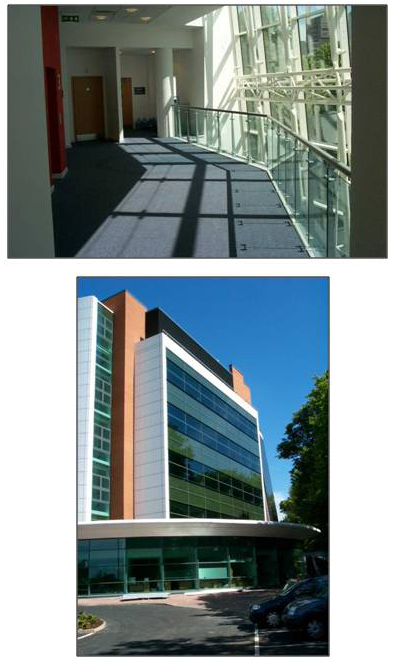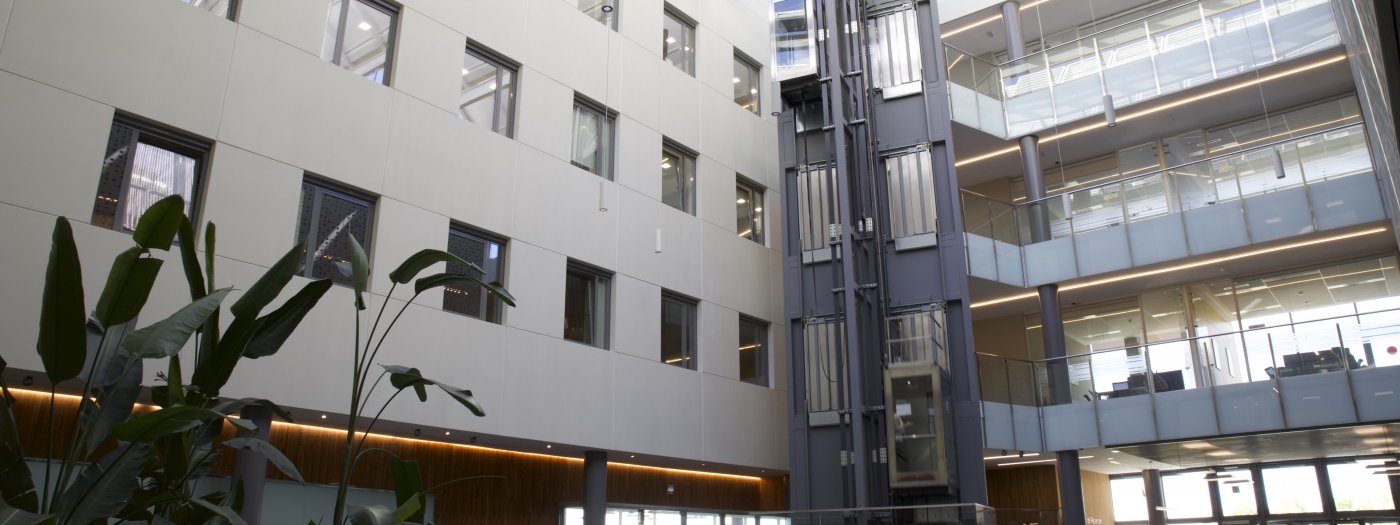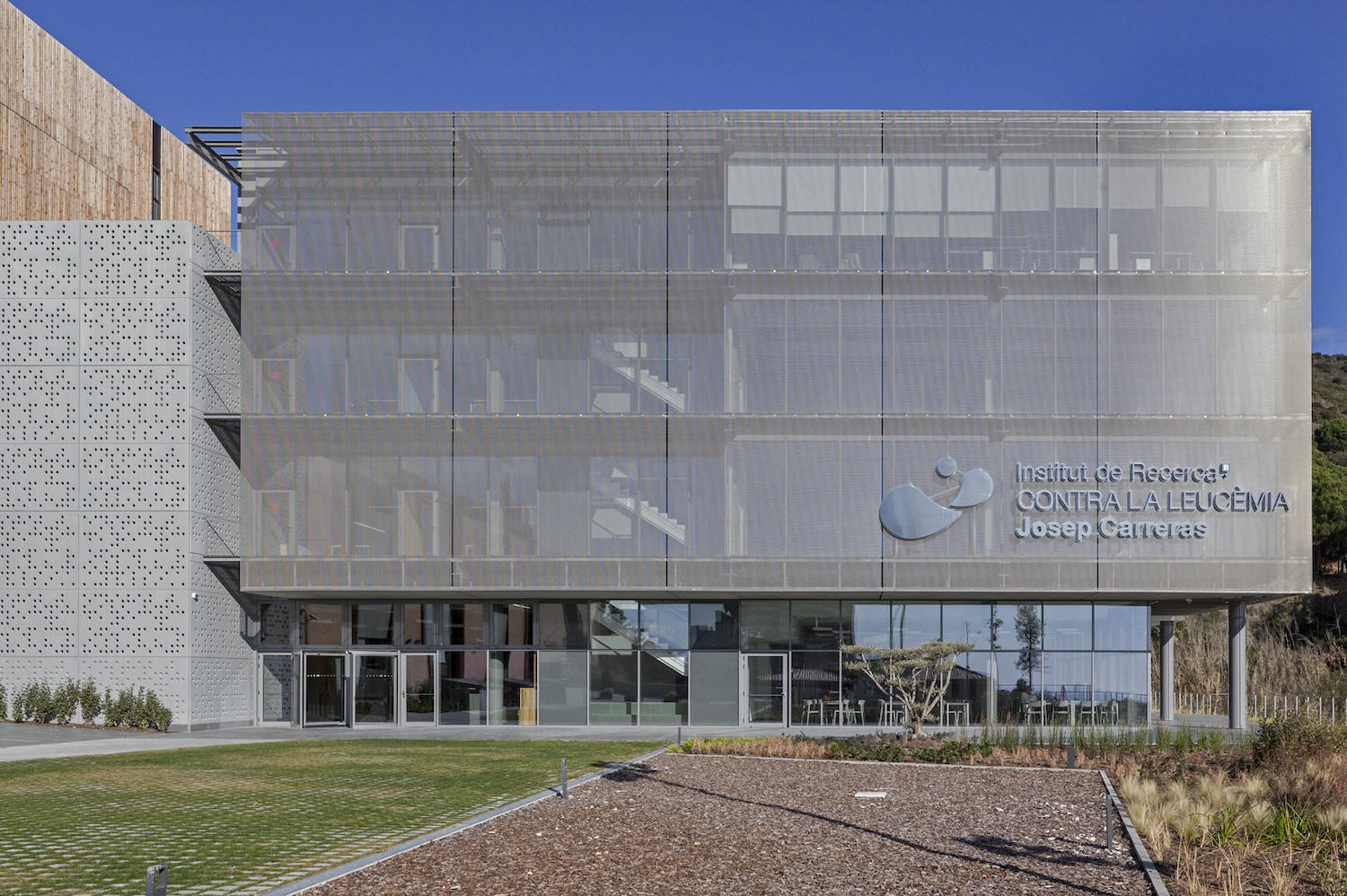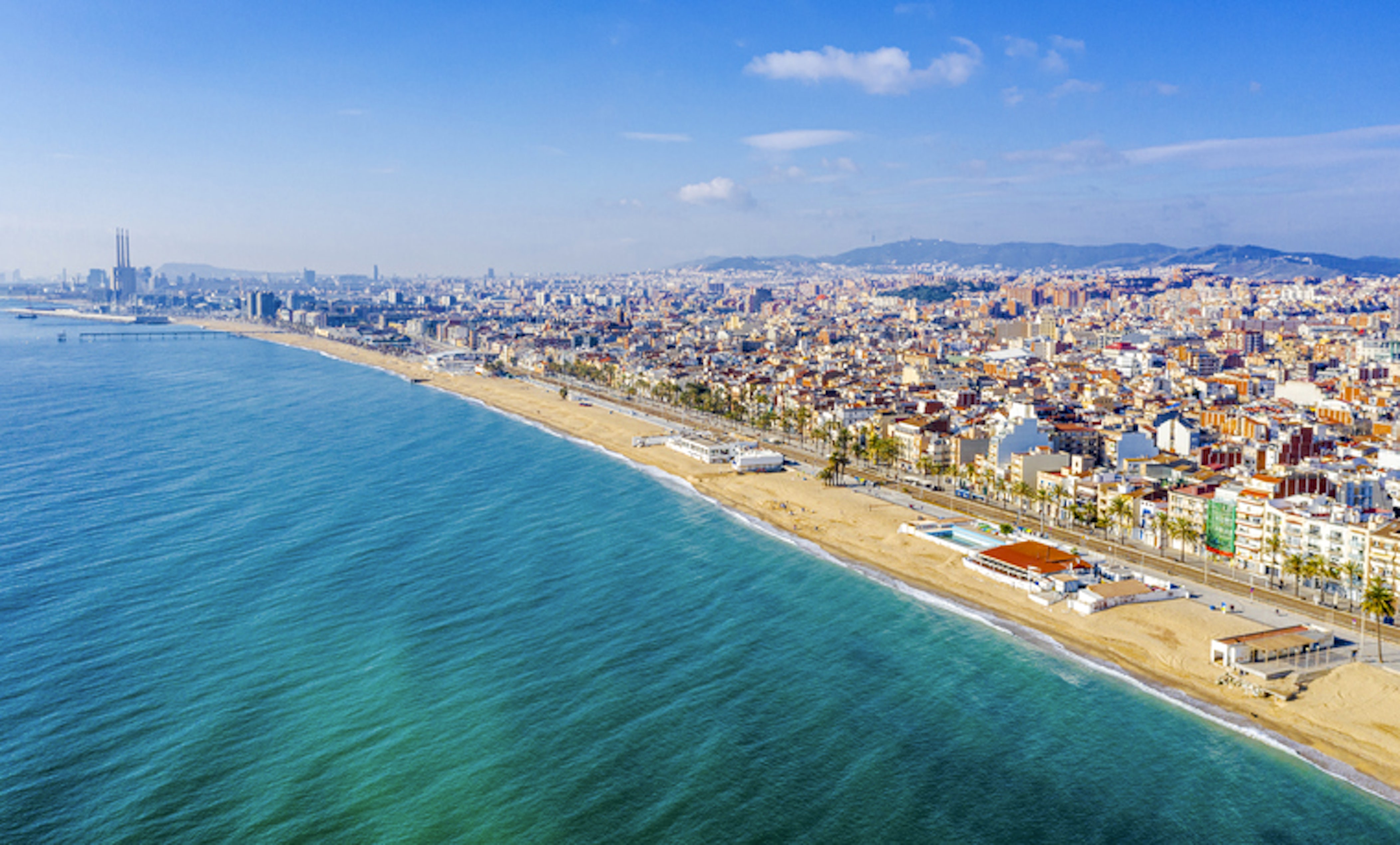 |
 |
|
The Mechanisms of Cancer and Ageing Lab is divided into two
sites. The first one established, in 2008, was the MoCaA Lab NORTH, in
Leicester (UK). A new site, the MoCaA Lab SOUTH was
added in 2023 in Barcelona/Badalona (Spain). Both labs work on the same
topics and in coordination with each other, thus expanding the network
of collaborations and opportunities. |
 |
The MoCaA Lab NORTH, established on 2008, is located in the Department of
Molecular and Cell Biology and the Cancer Research UK Leicester Center (University
of Leicester, Leicester, UK).
The Department of Molecular and Cell Biology was created in 2015 fusing the Departments of Biochemsitry and Cell Physiology. Biochemsitry was established in 1961, is part of the School of Biological Sciences within the College of Medicine and Biological Sciences. It has grown to be one of the largest and most successful departments at the University of Leicester, with around 30 members of academic staff, and a leading Biochemistry Department in the UK, with a wide range of research interests. The Department occupies the new Henry Wellcome Building, which provides a stimulating environment for pursuing state-of-the-art biochemical research. The Department has a strong international reputation in many areas, recognised by the award of a grade 5 in the 2001 RAE. The University of Leicester has been ranked as one of the top 200 universities in the world in the league table compiled by the Times Higher Education. This places the University of Leicester in the top 1% of universities worldwide. In the UK, Leicester is ranked as 19th in the Complete University Guide, 20th in the Times/Sunday Times Good University Guide and 21st in the Guardian University Guide. Leicester is the only university to have won Times Higher Awards in seven consecutive years: The University's research ranges from the invention of genetic fingerprinting, pioneering space explorations through to the search for King Richard III. The University's Global Challenges are a way in which this work from across the University comes together. Also, the University has established a Centre for Translational Therapeutics to facilitate clinical applications of basic research. The environment at the University of Leicester is optimal for interactions with scientists at the forefront of their fields. |
|
|
Leicester is a city of 330,000 habitants in the region of the East Midlands (United Kingdom). The Leicester Urban Area, which includes adjacent towns such as Oadby and Wigson, has a total population of 508,916. Leicester is one of the oldest cities in England, with a history going back at least 2,000 years. Currently, it has a varied ethnic composition. Becasue of this, in addition to English, eight languages are commonly spoken: Gujarati is the preferred language of 16% of the city's residents, Punjabi 3%, Somali 4% and Urdu 2%. Other smaller language groups include Hindi, Bengali and Polish. The area experiences a maritime climate with mild to warm summers and cool winters The MoCaA Lab SOUTH, established in 2020 as a sister lab to the Leicester site, is part of the FoodLab of the Universitat Oberta de Catalunya, in Barcelona (Spain) and is located at the Josep Carreras Leukaemia Research Institute in Badalona, a city adjacent to Barcelona. |
|
The MoCaA Lab SOUTH, established in 2020 as a sister lab to the Leicester site, is part of the FoodLab of the Universitat Oberta de Catalunya, in Barcelona (Spain) and is located at the Josep Carreras Leukaemia Research Institute in Badalona, a city adjacent to Barcelona. The Josep Carreras Leukaemia Research Institute (IJC) is a non-profit biomedical research institute founded in 2010 with the mission to conduct research and drive innovation in the epidemiological, preventive, clinical, translational, and basic aspects of cancer, with a special emphasis on Leukaemia and other malignant blood diseases, with the final aim of finding a cure for these diseases. The vision of the IJC is to be a world-class reference and excellent research center that contributes to the improvement of results, and the cure of patients affected by leukaemia and other malignant hemopathies, through innovation, sustainability, social responsibility, talent, and professional experience. In order to do this, employs world class researchers and cutting-edge technology, having always the patient at the center of the institute’s research strategies in close collaboration with the Josep Carreras Leukemia Foundation, a major trustee of our research institute, which is a non-profit charity that carries out communication, patient-engagement and fundraising activities, as well as implements programmes to provide support to patients and their families IJC is a comprehensive cancer research center where translational and basic researchers tightly collaborate with clinicians from six reference Hospitals (Hospital Clinic, Germans Trias i Pujol Hospital, Sant Pau Hospital, Trueta Hospital, Hospital del Mar, and Sant Joan de Deu Hospital). The IJC headquarters, where the host laboratory is situated, spans 4,000 square meters of purpose-built laboratory space and infrastructure, seamlessly integrated into the Biomedical Can Ruti Campus (ICO-IGTP Campus). The Spanish Ministry of Health reconfirmed in its last evaluation (2019) the status of Can Ruti Campus as Centre for Health Research of Excellence. IJC is part of the Government of Catalonia (Generalitat de Catalunya) network of Research Centres of Excellence (CERCA) and since 2018 it is also accredited by the Spanish Association Against Cancer (Asociación Española contra el Cáncer, AEEC). |
   |
| Badalona is a city immediately north east of Barcelona in Catalonia, Spain. By population, it is the third largest city in Catalonia, with 217,741 habitants, and is part of the Barcelona metropolitan area. Badalona has the second-largest Moroccan and Pakistani populations of Catalonia. Other significant communities include Chinese and Indians |
 |